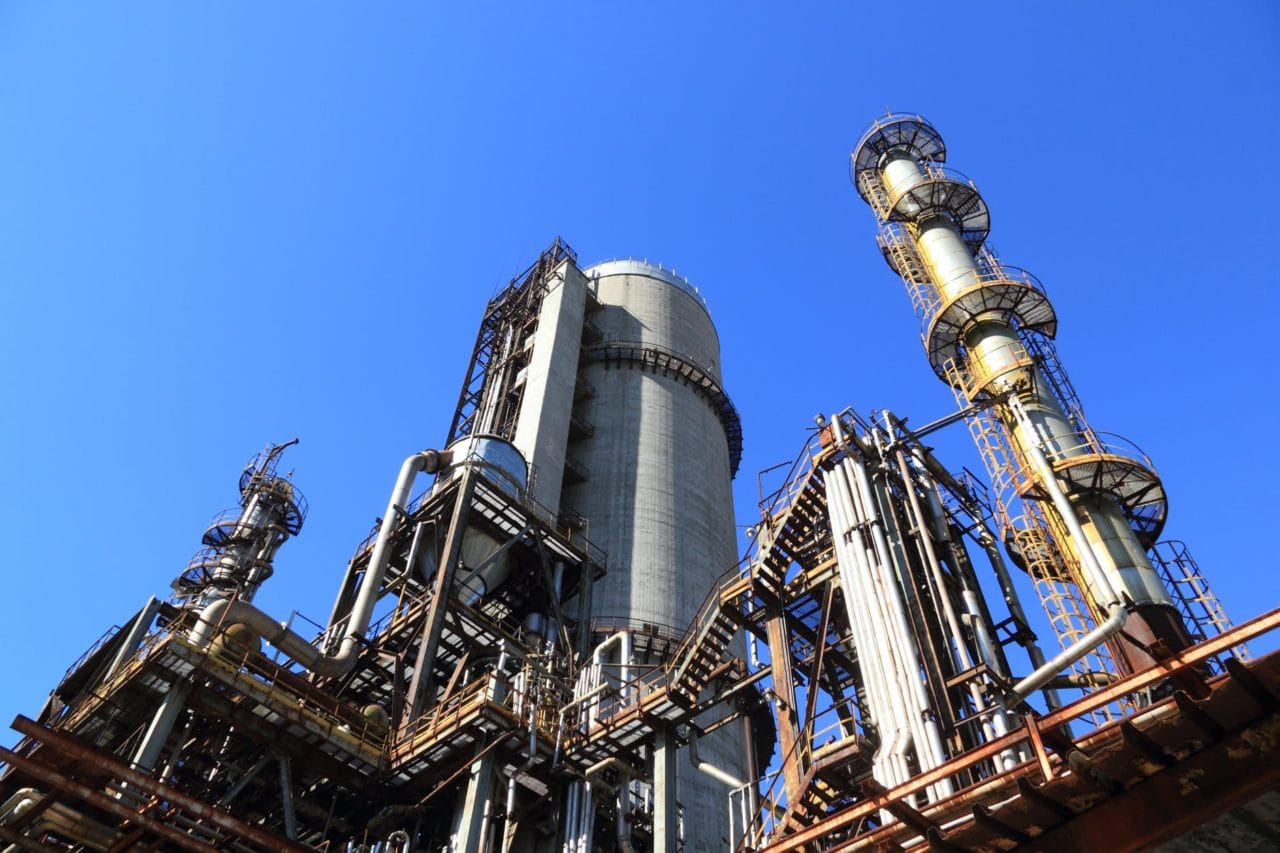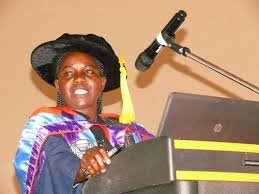Like many industries, Nigeria’s local Oil and Gas industry needs to keep up with the fast pace of technology.
There has been considerable development in technology in Nigeria’s Oil and Gas industry in the past decades with the extension to deepwater oil drilling. However, with technology being mostly foreign-driven, securing the long-term welfare of Nigerians through home-grown technological reforms is one challenge Nigeria’s Oil and Gas industry still faces. The performance of Nigeria over the past years highlights the country’s attempts in transforming the oil wealth into a broader-based industrial wealth using technology.
According to the Director, Department of Petroleum Resources (DPR) at the 2019 Oil Technology Conference, production from deepwater was around 850,000 BPD from eight producing fields representing 40 percent of total oil production. There were fears this may further decline as a result of challenges such as fiscal and regulatory uncertainties and technological constraints. Some of the measures recommended at the conference included the creation of a unique fiscal policy for unique emerging players, responsive legislative environments for gas commercialization, among many others.

Apparently, there are legitimate concerns about technological challenges acquisition in the creation, design, and implementation of national development efforts in the Oil and Gas industry. While local participation, through the local content development programs, has encouraged employment generation, economic growth, and infrastructural development, it is crucial that the Nigerian government, through the Federal Ministry of Petroleum Resources and relevant agencies, begin vigorously pursuing the needed technological reforms in the Oil and Gas industry. These reforms are necessary if the industry must evolve and expand its domestic capability.
In 2018, during a lecture on “Innovation and Technology in Petroleum Geophysics: A Paradigm Shift to the New Exploration Frontiers” at the Federal University of Technology, Akure (FUTA), Mary Taiwo Olowokere, Africa’s first and only female Shell Professor of Geophysics and Professor of Exploration Geophysics at FUTA observed that, “the use of new trends and ideas in hydrocarbon exploration strategies would facilitate the discovery of more oil-gas fields to guarantee energy security in Nigeria. Olowokere recommends that exploration companies must accept new technology at a faster pace to accelerate technology development.

While reviewing the performance of the Oil Gas industry, she noted that the 21st century Oil and Gas industry is influenced by innovation and technology, which has changed how oil and gas resources are determined, developed, and produced. Her submissions suggest that developing technologies in robotics and automation are the future if the industry must minimize costs, increase safety, improve efficiency, and accelerate the obtaining of products from non-conventional sources.
With often conflicting roles within regulatory authorities, to improve the integration of new technologies in Nigeria’s Oil and Gas industry, there is a strong need for a transformation of the sector through effective legislations. These legislations should ensure that regulations in the industry are strictly separated from business operations. This will provide a strong base and help Oil and Gas companies in Nigeria access funds for relevant research, design, development, manufacturing, quality control, marketing, and sales.
The future of the country’s Oil and Gas industry includes a stronger focus on technologies that can be utilized to add value, create enabling environments, and ensure sustainable institutional frameworks. This will involve creating a more technology-inclined work environment, strong relevant legislations, and training. Emerging innovation and technologies in petroleum exploration and production will also minimize hazards and improve the revenues of Oil and Gas companies.






